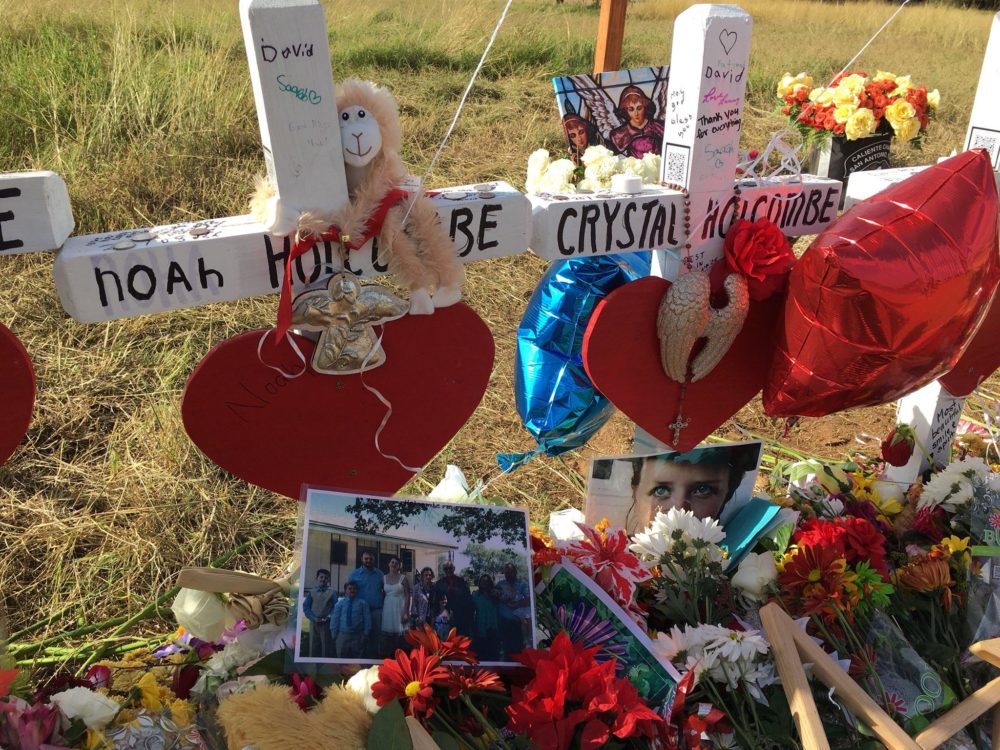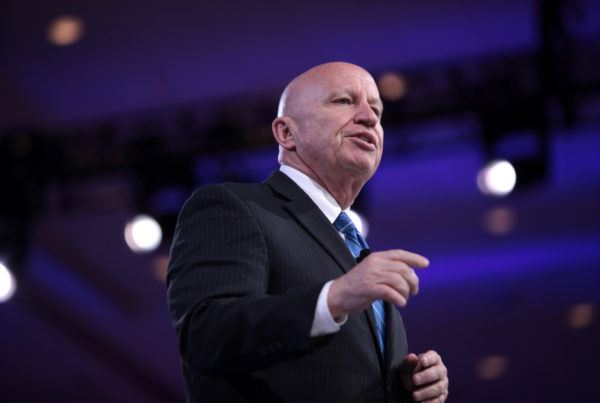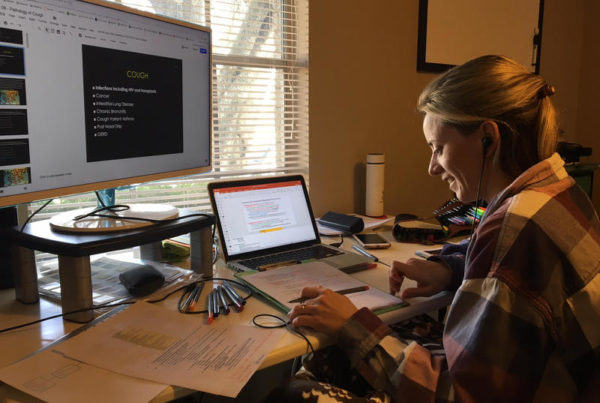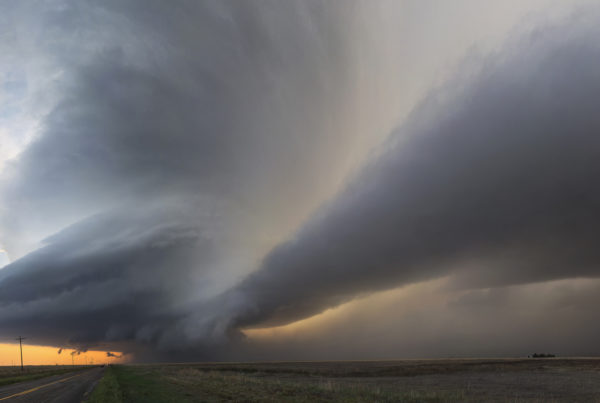As victims of the Sutherland Springs massacre are laid to rest, political leaders are grappling with a familiar problem: how to prevent future mass shootings.
“I think that mental health is your problem here. This was a very, based on preliminary reports, very deranged individual,” said President Donald Trump in Tokyo during his recent trip to Asia, “But this isn’t a guns situation.”
In 2012, the Sutherland Springs shooter, Devin Kelley, escaped from a mental health facility, where he’d been placed while awaiting court-martial for assaulting his wife and stepson. An official at the institution told police that Kelley “was a danger to himself and others.” Neither this, nor his court-martial conviction, showed up on his record when he bought his guns.
Sen. John Cornyn says the one area of strong, bipartisan consensus on guns is the need to improve background checks. “Part of what we need to do on the background check system is to make sure that if somebody is determined by a court to be mentally ill that, and they are legally disqualified from purchasing a firearm, then they shouldn’t get it,” says Cornyn.
There have been several efforts to tighten such background checks in Congress in recent years. But the latest move was in the opposite direction.
“There were some federal restrictions of reporting to the FBI people that have had involuntary mental health commitments,” says Dr. Jonathan Stevens, chief of psychiatry at the Menninger Clinic, “but those were rolled back with the most recent administration.”
In February, Congress passed a resolution calling for the repeal of an Obama-era regulation aimed at keeping firearms out of people deemed legally incapable because of mental illness. Cornyn voted for the resolution, and Trump signed it. It’s unclear whether the regulation, if it were still in place, would have prevented Kelley from purchasing the weapons he used in Sutherland Springs.
Still, the contrast between policymakers’ words and actions really bothers Stevens. “While there’s talk about, you know, that this is a mental health problem, then why would we be weakening the lifeline that so many people have to access healthcare through Medicaid and the Affordable Healthcare [sic.] Act?” says Stevens.
According to the Kaiser Family Foundation, Medicaid covers more than a quarter of adults with serious mental illnesses. The Department of Health and Human Services reports that, thanks to the Affordable Care Act, the number of people forgoing mental health treatment due to cost fell by a third between 2010 and 2015.
But even if Congress passed strict mental health gun background checks, and left funding for mental health treatment alone, it’s far from clear such steps would do anything to curtail mass shootings.
“The idea that is as simple as, you know, screening for mental health and that will solve the problem I think is just not informed by what we know scientifically about the risk for violence and whether the mentally ill are any more likely to commit violence than another person,” says John Vincent, director of the Center of Forensic Psychology at the University of Houston.
Vincent says there are state laws in place that require a mental health professional to intervene if a patient is showing signs of violence. “In Texas, the language is a little different, that if somebody suspects that a patient is prone to violence, they may contact law enforcement without breaching confidentiality.”
The problem, Vincent says, is that it’s extremely difficult for a psychologist or psychiatrist to predict violent behavior. Jonathan Stevens of the Menninger Clinic agrees.
“In any given year,” says Stevens, “the Centers for Disease Control, or the CDC, shows that 3 to 4 percent of the population of the United States will have a serious mental health issue. We’re talking about schizophrenia, bipolar disorder, etc. The large majority of those folks are far more likely to be victims of violence of all kinds than perpetrators.”
Case in point, Stevens says, is the CDC’s statistics on death by firearms. In 2014, the most recent year for which complete statistics are available, roughly 11,000 Americans died as a result of gun-related homicides. Mass shootings accounted for 240. By contrast, more than 21,000 died in gun-related suicides.
















